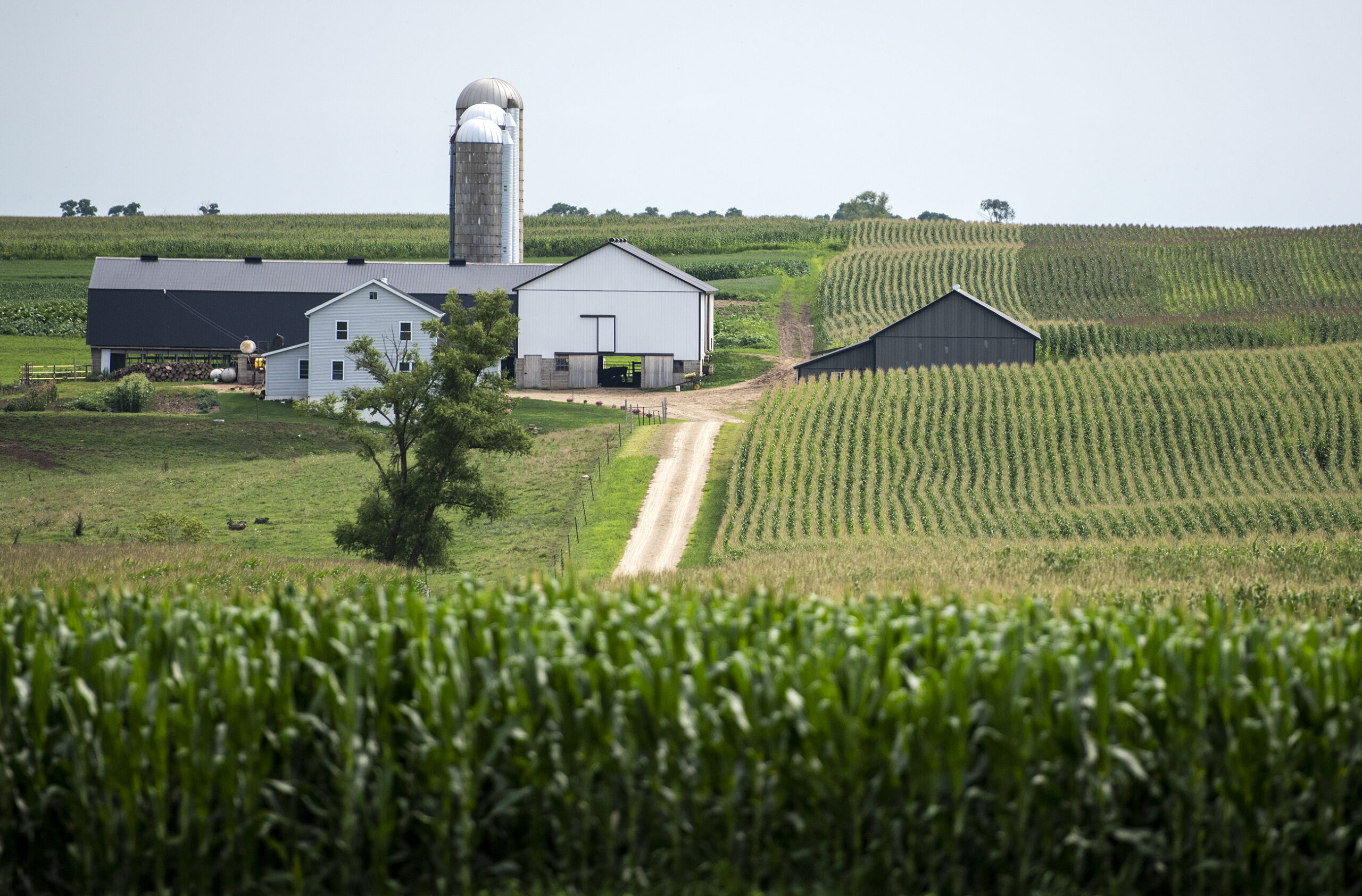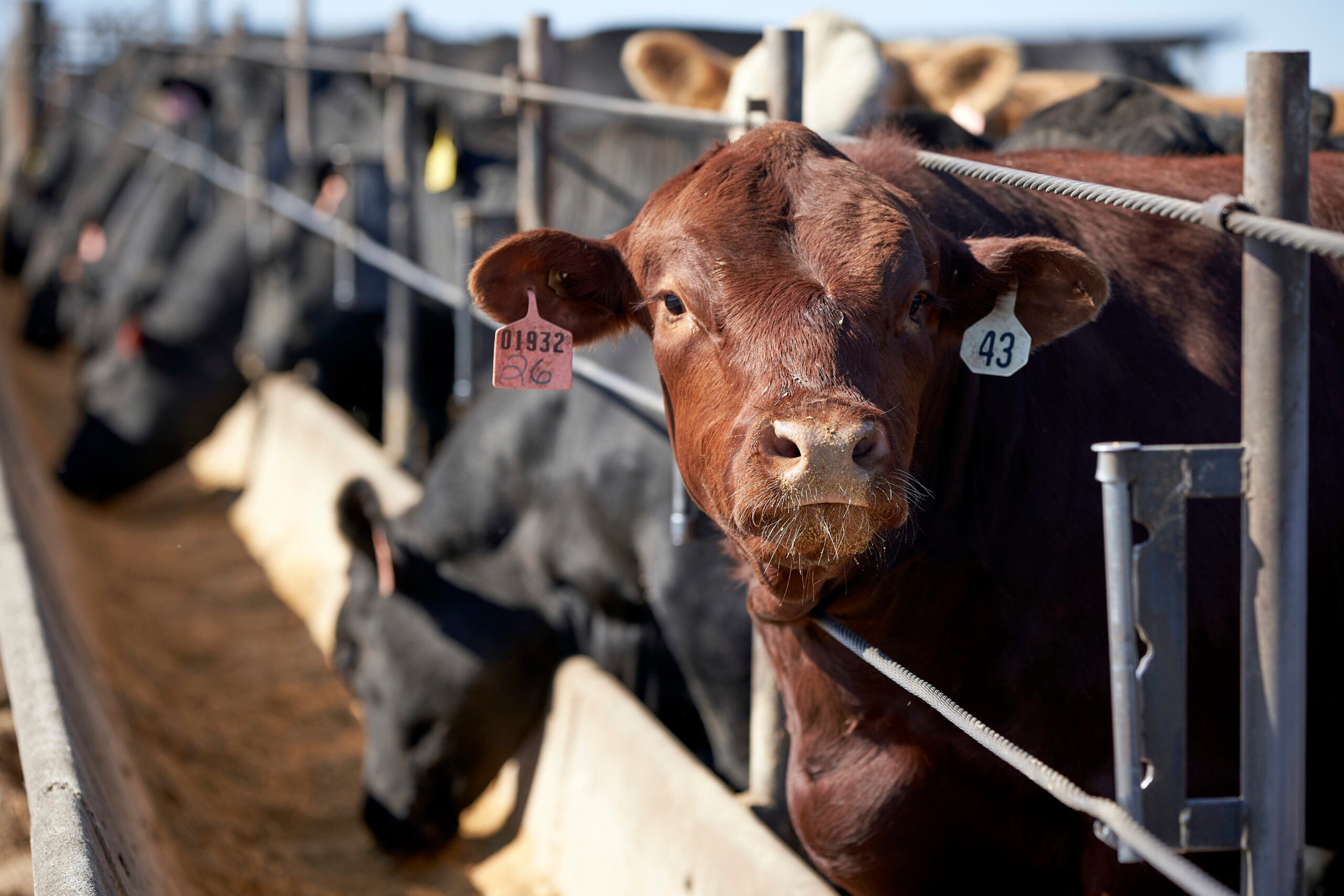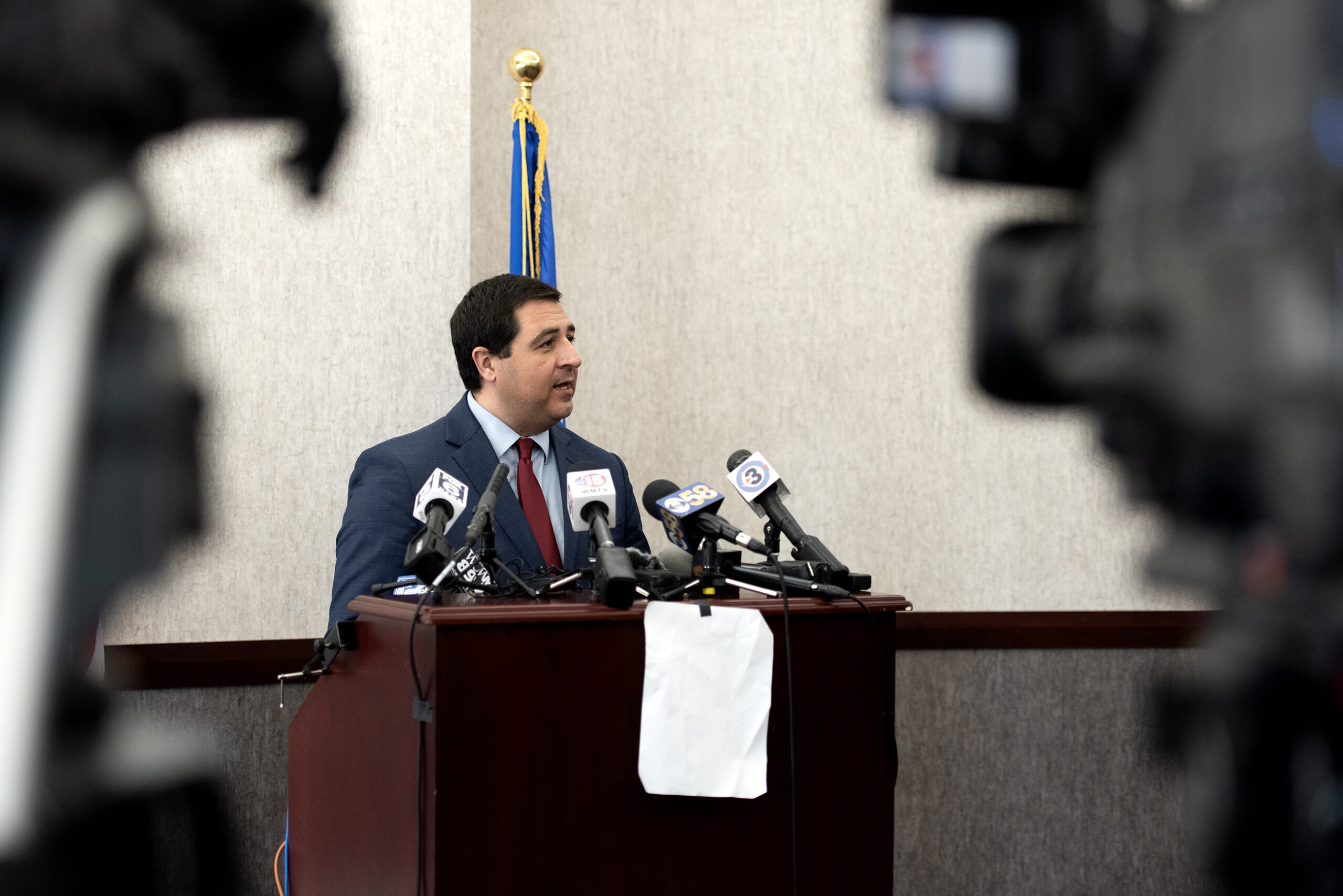Wisconsin Attorney General Josh Kaul has joined a group of state attorneys general working with federal officials on anticompetitive practices in agriculture.
The U.S. Department of Agriculture announced the launch of the Agricultural Competition partnership last week. Kaul is one of 31 attorneys general participating in the new program, along with officials from Illinois, Iowa, Michigan and Minnesota.
The initiative will focus on identifying market structures and practices that are hurting competition among farmers, food processors, farm suppliers and other related industries. The program will also look for instances of price gouging and other retail practices that hurt consumers.
News with a little more humanity
WPR’s “Wisconsin Today” newsletter keeps you connected to the state you love without feeling overwhelmed. No paywall. No agenda. No corporate filter.
The partnership hopes to expand state officials’ ability to assess competition and consumer issues on the ground, as well as invest in independent research on markets.
Kaul said having only a few consolidated suppliers for certain products like seeds has a real impact on Wisconsin farmers.
“They don’t have as much choice and their costs can be artificially inflated,” he said. “That hurts everybody when they go to the grocery store, and particularly at a time when we’re dealing with inflation issues.”
Kaul did not name a specific sector of agriculture as a potential focus for his office, but said he hopes to hear from people in the industry about where they see impacts.
“What we’re really focused on is areas where there are potential violations, whether it’s price gouging, or there are conflicts of interest or misuse of intellectual property,” he said. “Wherever those issues are arising, that’s where we want to focus our efforts.”
Kaul said having access to funding through USDA will improve his office’s ability to respond in these cases. A letter sent by U.S. Agriculture Secretary Tom Vilsack last September said the partnership could use up to $15 million in federal funding.
The Biden administration has been focused on addressing consolidation and anticompetitive practices in agriculture and other industries since the president issued an executive order on the issue in 2021.
Kaul said he doesn’t see the partnership as passing off this work to the states. He said increased collaboration among federal and state experts will bring better results in addressing the issue.
The partnership was applauded by some farm groups that have been sounding the alarm about the negative effects of consolidation.
The National Farmers Union launched their Fairness for Farmers campaign two years ago, calling on state and federal officials to enforce existing antitrust laws and work to rebalance market power between large corporations and people who are farming.
Wisconsin Farmers Union president Darin Von Ruden said much of the buying power within the beef industry has been consolidated to just a few companies, leaving farmers with little say over what price they receive.
“When we’ve only got two or three buyers that are in the local auction barn, you just don’t have that competition like we did 15-20 years ago,” he said.
Von Ruden, who is a dairy farmer, said larger processing plants are also more vulnerable to the workforce shortages, including here in Wisconsin.
“We’re starting to see that same problem in the dairy industry, where we’re getting less and less buyers and less and less processors,” he said. “Plants are just getting so big that it’s getting harder to make sure that the workforce is there to keep the plants operating efficiently.”
He thinks state officials will be better suited to identify potential bad actors within their state’s food industries and will enable USDA to make more progress on addressing broader market problems.
Wisconsin Public Radio, © Copyright 2026, Board of Regents of the University of Wisconsin System and Wisconsin Educational Communications Board.







